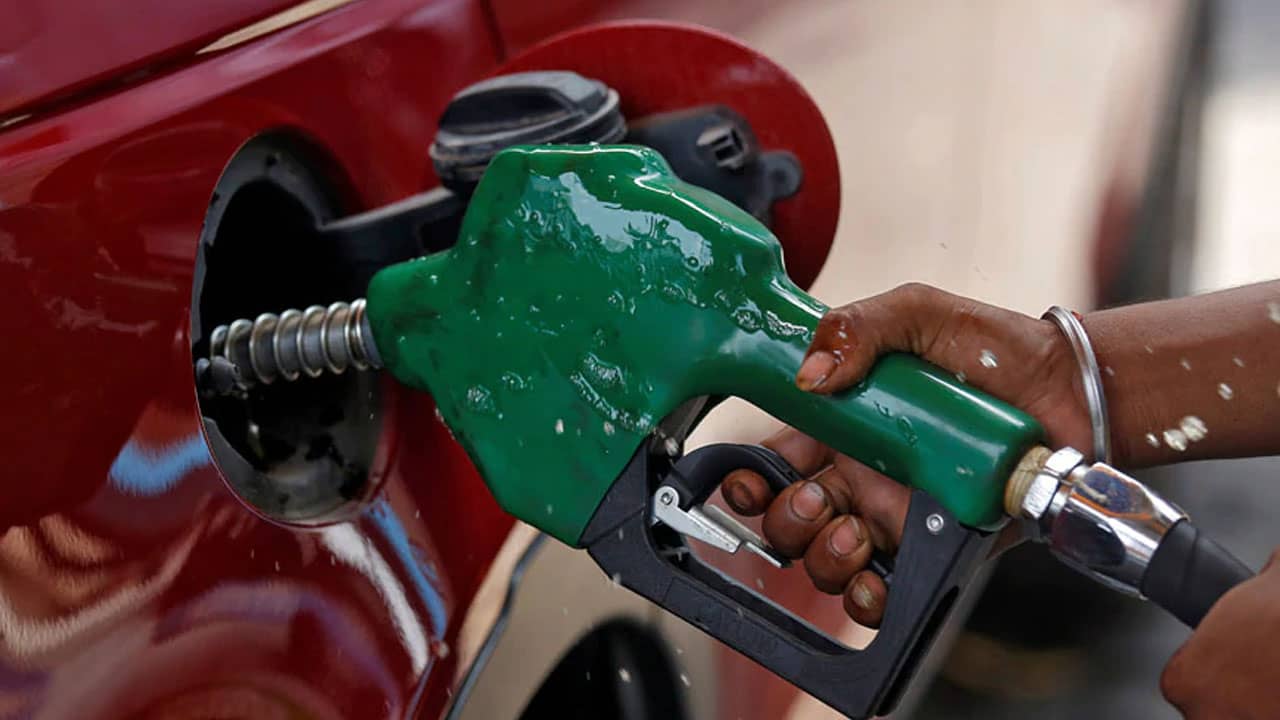Stakeholders in the oil and gas sector have called on the Federal Government to Open up the Petroleum Industry process to allow for more participation including the modular/artisanal operators to combat petroleum products scarcity, environmental pollution for more economic benefit to the country.
This is contained in a communique issued at the end of the second stakeholder engagement on the integration of Modular/Artisanal Refinery Operations into the oil and gas Sector and Current Challenges of Revenue loss, petroleum Scarcity, and environmental Pollution and Negotiated way–Out.
The conference was organized by The Office of the Senior Special Assistant to the President on Niger Delta Affairs in collaboration with the Presidential Amnesty Office to examine what needs to be done in addressing energy challenges in the country. The conference is also expected to Identify the challenges of Modular/Artisanal refinery operations on the environment, black soot and carbonization
In his opening remarks, the Senior Special Assistant to the President on Niger-Delta Affairs, Senator Ita Enang, said that the government had lost so much money to oil thieves, stressing that it was high time the country regularized modular refinery operators to save the economy.
He also said that the Russia-Ukraine war had created opportunities for the nation’s energy sector, hence the need for all players to be brought on board in order for Nigeria to take full advantage of the rising global demand for oil.
Enang said, “as of today, it is alleged that due to the war between Russia and Ukraine, the potential of the world refiners to meet demand of the global community and nations have to look inward for energy sufficiency”.
“Today, the world is facing an energy crisis, and all the nations are now looking into internal sources of solving their problem part of which is the domestic refinery which we call artisanal refining. It is time for us to regularize it for the purpose of saving the economy. We are here to find a way to resuscitate the nation, our future and the economy of this country.”
According to Ita Enang, “Domestic refining, which we call artisanal, is part of the internal sources to solve these problems, but these refined products go to our generators, tour systems, and we still call it illegal refining. Adding that “it was time for us to get together and regularize it for the purpose of saving the economy”.
Speaking at the event, the Chairman, House of Representatives Committee on Host Communities, Hon Dumnamene Robinson Dekor said it was time for the government to face the reality of the present scarcity of petroleum products, especially petroleum motor spirit (PMS) and diesel.
He noted that the present scarcity of diesel had underscored the reality that the illegal refiners were the ones sustaining the availability of the product, adding that the impact of their absence had distorted supply.
While advocating the harnessing of the technology applied by the artisanal refiners, he stated that they should be organized in clusters for the good of the operators, the communities, the environment and government.
Dekor called for a holistic approach that would ensure that the illegal refiners were acquitted with the needed technology, licensed, allowed to operate legally and formally allocated crude to refine so as to check environmental pollution.
The lawmaker said a presidential programme and pronouncement were necessary to drive the process.
In his goodwill message, the Vice Chancellor, Federal University of Petroleum Redources, Effurun, Delta State, Prof. Akpofure Rim-Rukeh said the university had designed a local modular refinery which is on the verge of being fabricated.
He stated that the university had also tested the technology used by the artisanal refiners, adding that it was working, but required some modifications.
Rim-Rukeh urged the federal government to get the local refiners and send them to his university for training, advising that the authorities should strike a balance between youth employment and environmental degradation.
Also, in his goodwill message, the Executive Secretary, Nigeria Extractive Industries Transparency Initiative (NEITI), Dr. Orji Ogbonnaya Orji, lamented the humongous losses suffered by the country in the oil and gas sector.
He stated that his agency would endorse any potent measure to stem crude oil theft, pipeline vandalism and ensure increased productivity, adding that modular refinery was the way to go.
In the same vein, the Minister of State, Ministry of Finance, Budget and National Planning, Prince Clem Agba said the federal government would support the licensing of modular refineries if that would guarantee revenue and ensure a win-win situation.
In his presentation, which was highly revealing, an activist and Executive Director of Youths and Environmental Advocacy Centre (YEAC), Fyneface Dumnamene, accused the security agencies of being complicit in the problem of illegal bunkering in the Niger Delta.
The stakeholders also call on the Federal Government to approve the implementation of the recommendations from the first stakeholders’ engagement and the formation of the Presidential Artisanal Crude Oil Refining Development Initiative (PACORDI).





